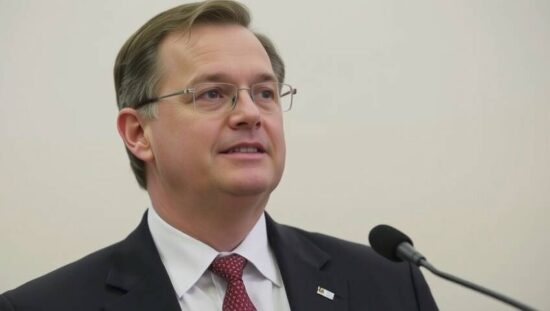The CSU will reverse the new electoral law after the next federal election and calls the recent reform a condition for any coalition. “The manipulation of the electoral law by the Ampel is for us a coalition condition” said CSU state group leader Alexander Dobrindt to the “Stern”.
“The completely messed up and deliberately muddled Ampel electoral law will be corrected in the next legislative period without increasing the number of MPs” the CSU politician said. The electoral law passed by the Ampel government ignores the will of the voters in the electoral districts, he said. The current rule means less democracy and less direct participation of citizens in the political will-forming process in parliament.
Under the current law, seats are filled by combining the number of direct mandates won in the electoral districts with the proportion of second votes, initially. If a party wins more direct mandates than it is entitled to according to the second-vote result, the additional mandates are also taken up by the party in the Bundestag.
A reform in 2011 introduced additional balancing mandates to ensure that the seat distribution in parliament corresponds to the second-vote share of the parties. This led to a significant increase in the Bundestag. A smaller reform in 2020 resulted in the abolition of the obligation to balance all overhang mandates, benefiting the CSU in particular.
The reform passed by the Ampel, which has been largely confirmed by the Federal Constitutional Court, now provides that there will be no more overhang and balancing mandates. This will result in all parties losing seats in comparison to the situation before 2020, with the CSU being affected more severely than other parties.
The Union has previously proposed reducing the Bundestag and considering first and second votes separately. Half of the seats would then be allocated proportionally according to the second vote, and the other half would go to the top candidates in the electoral districts. This reform would have strengthened the Union at the expense of other parties in the previous elections.





